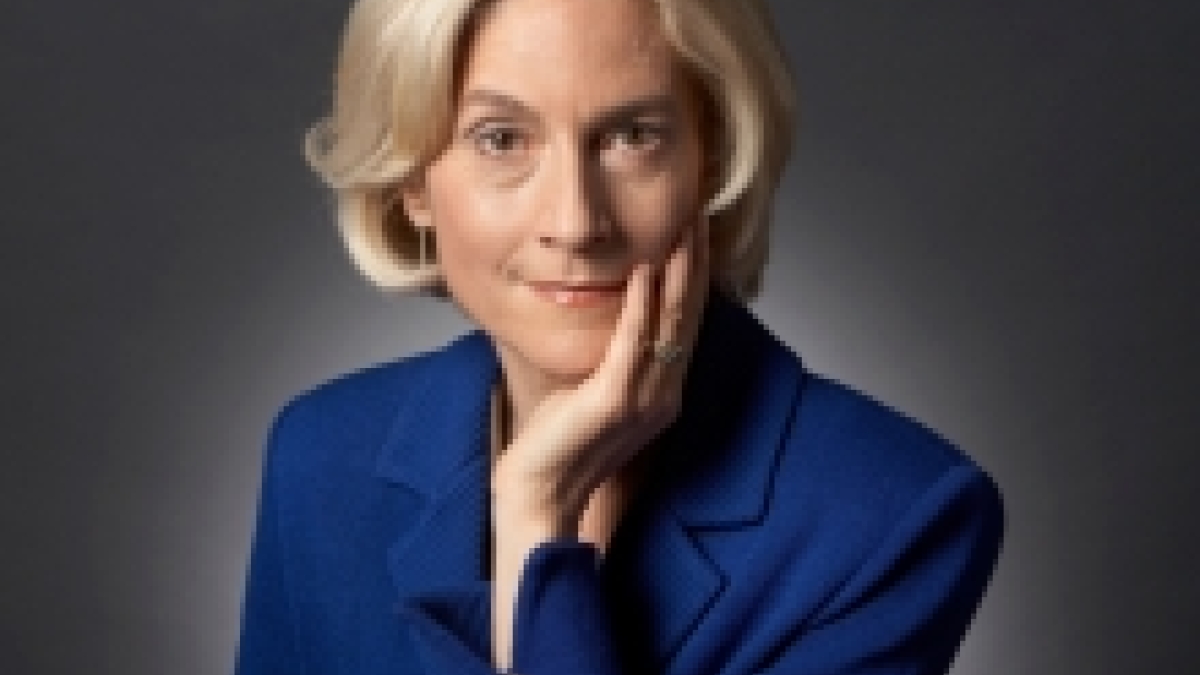Public intellectual Martha Nussbaum to speak on human rights and women

What do we mean by human rights? Do conceptions of human rights offer the best approach to achieving dignity, justice and equality for women? Can human freedom be measured?
Martha Nussbaum, philosopher, public intellectual and the Ernst Freund Distinguished Service Professor of Law and Ethics at the University of Chicago, will address these questions in a free public lecture titled “Human Rights and Women” at 4:30 p.m., March 15, in the College of Law Great Hall (Armstrong 113) on ASU’s Tempe campus.
Nussbaum is one of the chief architects, along with Nobel Prize-winning economist Amartya Sen, of the Capabilities Approach, a revolutionary paradigm for achieving economic development and enhancing the status of women. In two works that span a decade of scholarship and practical thinking – “Women and Human Development” (2000) and “Creating Capabilities: The Human Development Approach” (2011) – Nussbaum lays out her argument that the proper starting point for discussions of economic development must begin with the concrete experiences of individuals, especially on the way their lives actually unfold.
The lecture is part of a conference and larger project, “Religion and International Affairs: Through the Prism of Rights and Gender,” organized by the Center for the Study of Religion and Conflict with a grant from the Henry R. Luce Initiative in Religion and International Affairs.
According to Nussbaum, quantitative measures such as per capita GDP can never adequately measure development because they can’t capture the shape and texture of individual lives. And, Nussbaum argues, in the end it is the quality of individual lives – the ability to live in a way that is “worthy of human dignity” – that really matters.
The Capabilities Approach is designed to address these challenges by focusing on the specific opportunities available to individuals. Nussbaum argues that it is the specific capabilities, and the opportunities to develop these capabilities, that is the true measure of a society’s prosperity. The key is not to look simply at the hand people have been dealt, but to see how well a country can provide life-changing prospects for all its citizens.
Most salient for Nussbaum, and where her work goes beyond most other work on the Capabilities Approach, is her concern for justice, specifically for identifying how to determine whether a society’s conditions are unjust. It is this concern that “sets her work apart,” according to one commentator, and what links her work to larger questions of human rights and women’s status – themes she pays careful attention to in her work.
“Nussbaum’s ideas have had enormous impact across a wide variety of fields in and out of academia,” says Linell Cady, director of the Center for the Study of Religion and Conflict and co-director, with Carolyn Warner, professor and head of political science, of the project on “Religion and International Affairs: Through the Prism of Rights and Gender.”
“By focusing on capabilities, Nussbaum illuminates very powerfully the responsibilities that societies have to create the conditions within which individuals can exercise their rights,” Cady says.
Nussbaum is a prolific author whose work is at the cutting edge of public debates in the United States. Her most recent books include “Not For Profit: Why Democracy Needs the Humanities” (2010), “From Disgust to Humanity: Sexual Orientation and Constitutional Law” (2010), “Liberty of Conscience: In Defense of America's Tradition of Religious Equality” (2008), and “The Clash Within: Democracy, Religious Violence, and India's Future” (2007). She also writes and comments widely in a variety of public media such as the New Republic, Foreign Policy, Harper’s Magazine and the New York Times. Interviews with her also can be found on YouTube.
Women’s status has been a powerful theme throughout Nussbaum’s work, particularly the ways in which women and gender serve as sites over which issues of religion and rights in international affairs are fought. Her work helps us to see more clearly a path out of the “clash of civilizations” account of global politics and towards a more just world.
For more information about the lecture, the conference, or the Center for the Study of Religion and Conflict, see csrc.asu.edu or call 480-727-6736.

